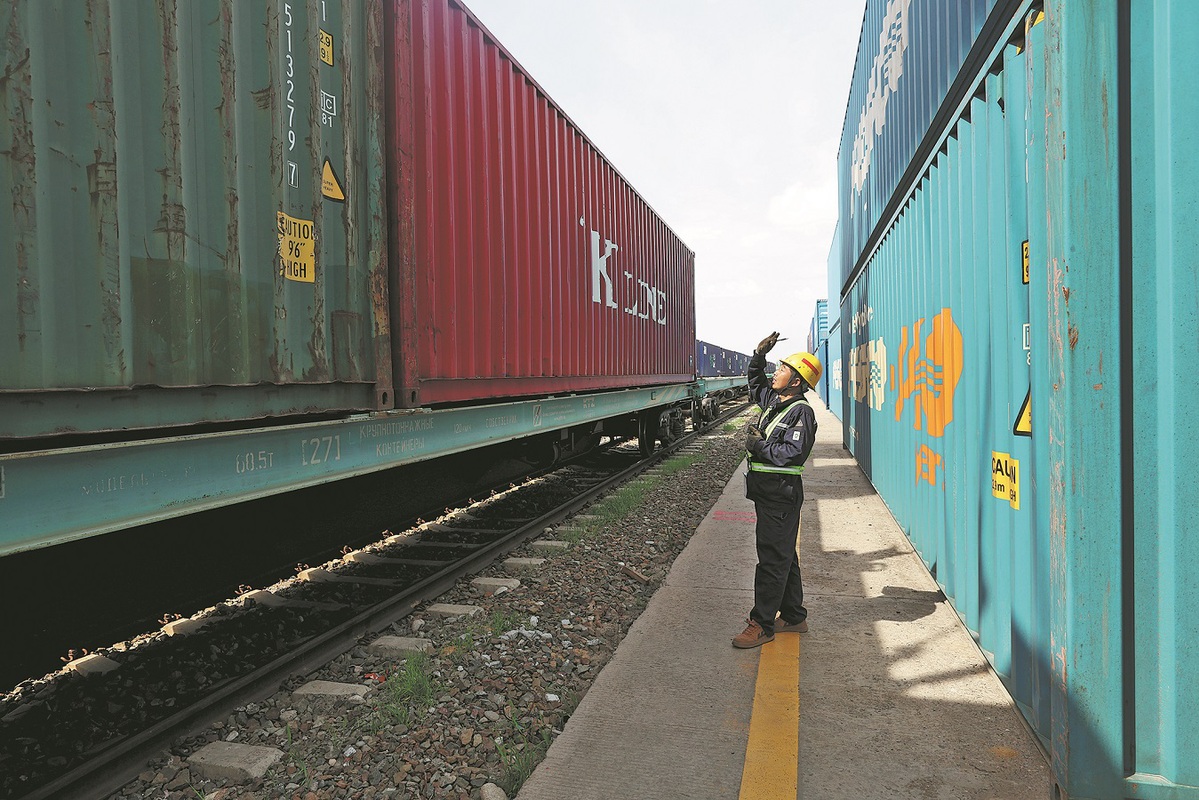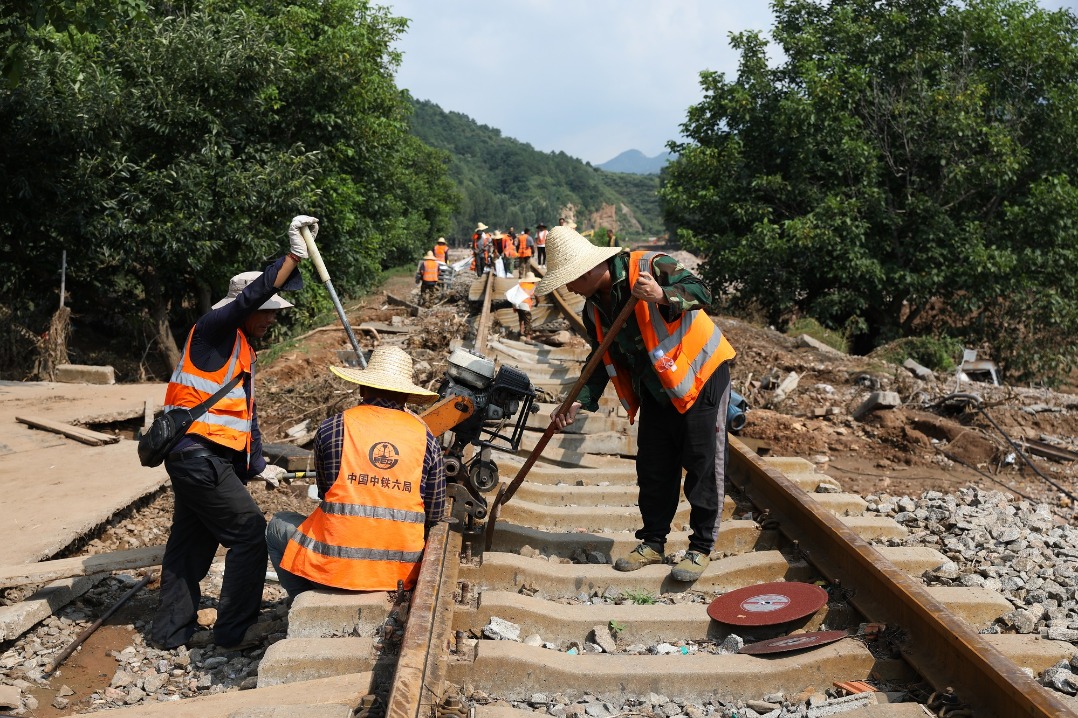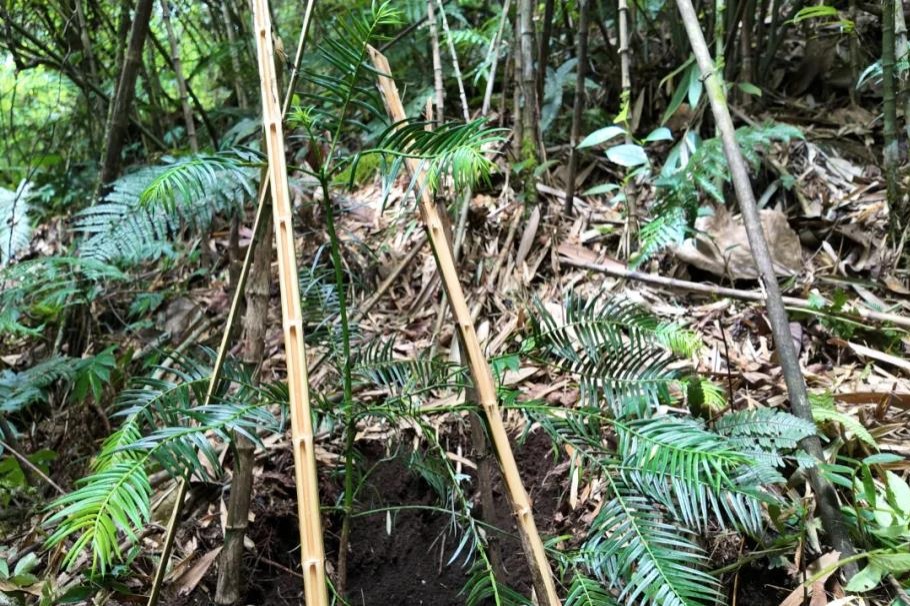Trade thrives at Horgos land port
Logistics crossing in Xinjiang gives quality Chinese goods convenient routes into overseas markets


Zhang Dongchang, a freight train dispatcher at Horgos railway station, has witnessed this progress firsthand.
Zhang has been working at the railway station since 2014. "Back then, I only needed to dispatch a pair of freight trains a day. But now the number has increased to about 22, so we have to work around the clock," he said, while monitoring the status of trains on a big screen.
So far, more than 45,000 freight trains operating on 85 routes have reached their destinations in 18 countries and 46 cities and regions in Central Asia and Europe via the Horgos railway port, making it an important logistics channel connecting China and Eurasia.
At 4 pm on April 23, a freight train of 55 containers, loaded with daily necessities, electronic devices and other goods, departed from Horgos and headed to Malaszewicze, Poland. It was the 3,000th China-Europe and China-Central Asia freight train to pass through Horgos this year. Rail freight through Horgos this year so far is up 28.7 percent year-on-year, Horgos Customs said.
Zhang said that the growing demand for Chinese products means that the number of freight trains and routes will only continue to increase.
Because of rail gauge differences between Kazakhstan and China, goods have to be switched at the border. Since the start of this year, the Horgos railway port has optimized platform capacity, production resources and personnel deployment to enhance the container-swapping of each freight train. The whole process can be completed within three hours.
"Efficiency and punctuality are key for the operation of China-Europe freight trains. Otherwise, businesses will choose to use sea shipping. So the railway, customs and border inspection authorities in Horgos often hold meetings to discuss how to make the trains passing the border faster even by a few minutes," Zhang said.
He added the long-planned China-Kyrgyzstan-Uzbekistan Railway is scheduled to begin construction later this year. The railway will start from southern Xinjiang's Kashgar and will open a new, shorter route between China and Europe.
"Currently, land transport between China and the two Central Asian nations relies on road-rail routes or must detour through Kazakhstan via ports including Horgos. Once operational, the railway will not only cut transport time, but also exempt goods from being unloaded and reloaded multiple times," Zhang said.























